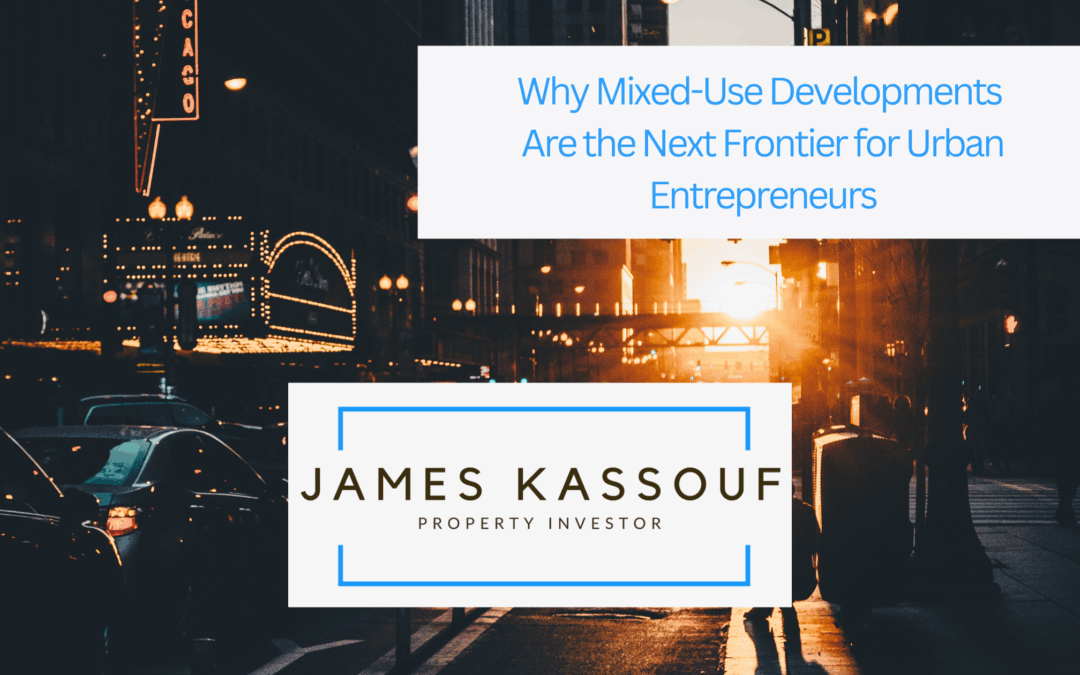Cities are evolving faster than ever, and at the heart of this transformation lies a new kind of opportunity—mixed-use developments. These vibrant, multifunctional spaces combine residential, commercial, and recreational areas into one cohesive environment, reshaping the way people live, work, and connect. For urban entrepreneurs, mixed-use properties represent not just a real estate investment, but a gateway to innovation, collaboration, and sustainable growth.
The appeal of mixed-use spaces lies in their ability to meet the modern city dweller’s demand for convenience and community. Instead of separating where people live, work, and play, these developments bring everything together. Cafés, co-working spaces, boutiques, apartments, and parks coexist within walking distance, creating constant foot traffic and energy. For entrepreneurs, this means access to a built-in customer base and an ecosystem that naturally supports small business growth.
Beyond their functional design, mixed-use projects also align with the values driving today’s urban economy—sustainability, experience, and efficiency. With cities becoming more congested and environmentally conscious, developments that reduce commutes, encourage walkability, and use space efficiently are highly attractive. Entrepreneurs who embrace this model can tap into markets that prioritize eco-friendly and community-driven living.
Another major advantage is diversification. Mixed-use developments are designed to thrive in fluctuating markets because they draw revenue from multiple sources—retail, residential, hospitality, and office. For startup founders, investors, and local business owners, this diversity creates stability and resilience. A café benefits from nearby residents, while retail shops thrive on tourist traffic and office workers. It’s a self-sustaining ecosystem where each business supports the others.
Technology has further accelerated this trend. Smart city infrastructure, energy-efficient buildings, and digital platforms that connect residents and local merchants make mixed-use developments more efficient and adaptable than ever. Entrepreneurs leveraging these innovations can create hyper-localized business models tailored to the unique needs of their communities.
Ultimately, mixed-use developments represent the future of urban entrepreneurship—spaces where creativity, commerce, and community meet. They are incubators of innovation, offering entrepreneurs the perfect environment to test new ideas, grow sustainably, and engage directly with their audiences.
As cities continue to redefine their skylines, those who recognize the potential of mixed-use developments early will not only shape the next generation of urban living but also stand at the forefront of a thriving, interconnected economy.

